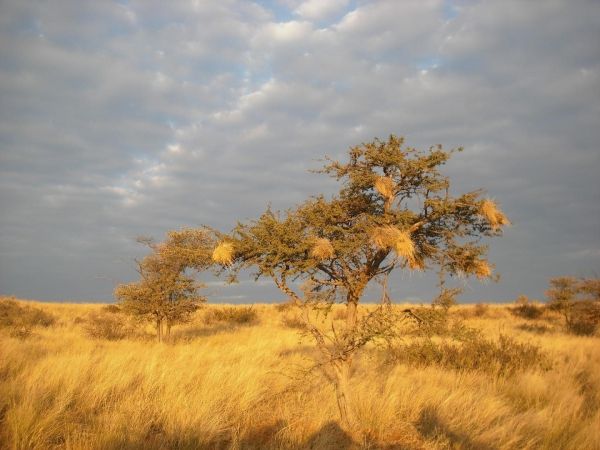Photosynthesis on Earth is regulated by plant phenology—how plant life cycles interact with the climate—and environmental conditions, both of which changed substantially in recent decades. Unlike early-season photosynthesis which is mostly driven by warming temperatures or the onset of the wet season, late-season photosynthesis can be limited by several factors, such as plant life cycle and radiation, and its underlying mechanisms are less understood. Late-season photosynthesis on land contributes greatly to annual total carbon fixation and is sensitive to climate. Scientists generally agree that temperature limitation on late-season photosynthesis will alleviate with warming but the effects of water availability are highly uncertain.
A new Columbia Engineering study shows that increased water stress—higher frequency of drought due to higher temperatures, is going to constrain the phenological cycle: in effect, by shutting down photosynthesis, it will generate a lower carbon uptake at the end of the season, thus contributing to increased global warming. The researchers used both remote sensing data and in-situ observations to analyze the temperature and water limitations on the end of photosynthesis date. They found that water limitation on late-season photosynthesis is regulated by both soil water and mean annual temperature. Earth system models have predicted warming and soil drying over most of the land surface by 2100, and so it is clear that water availability will become increasingly important as a limiting factor for late-season photosynthesis and carbon uptake.
“We wanted to understand what the driving factor of plant photosynthesis is during the late growing season, and how it will change in the future,” says Pierre Gentine, associate professor of earth and environmental engineering and affiliated with the Earth Institute, who led the study published today in Proceedings of National Academy of Sciences. “Our study is a very good example of how advances in remote sensing technologies can be used to solve long-lasting questions like this one.”
Read more at Columbia University School of Engineering and Applied Science
Image: A new Columbia Engineering study shows that increased water stress--higher frequency of drought due to higher temperatures, is going to constrain the phenological cycle: in effect, by shutting down photosynthesis, it will generate a lower carbon uptake at the end of the season, thus contributing to increased global warming. (Credit: shallyvenugopal/Pixabay)


